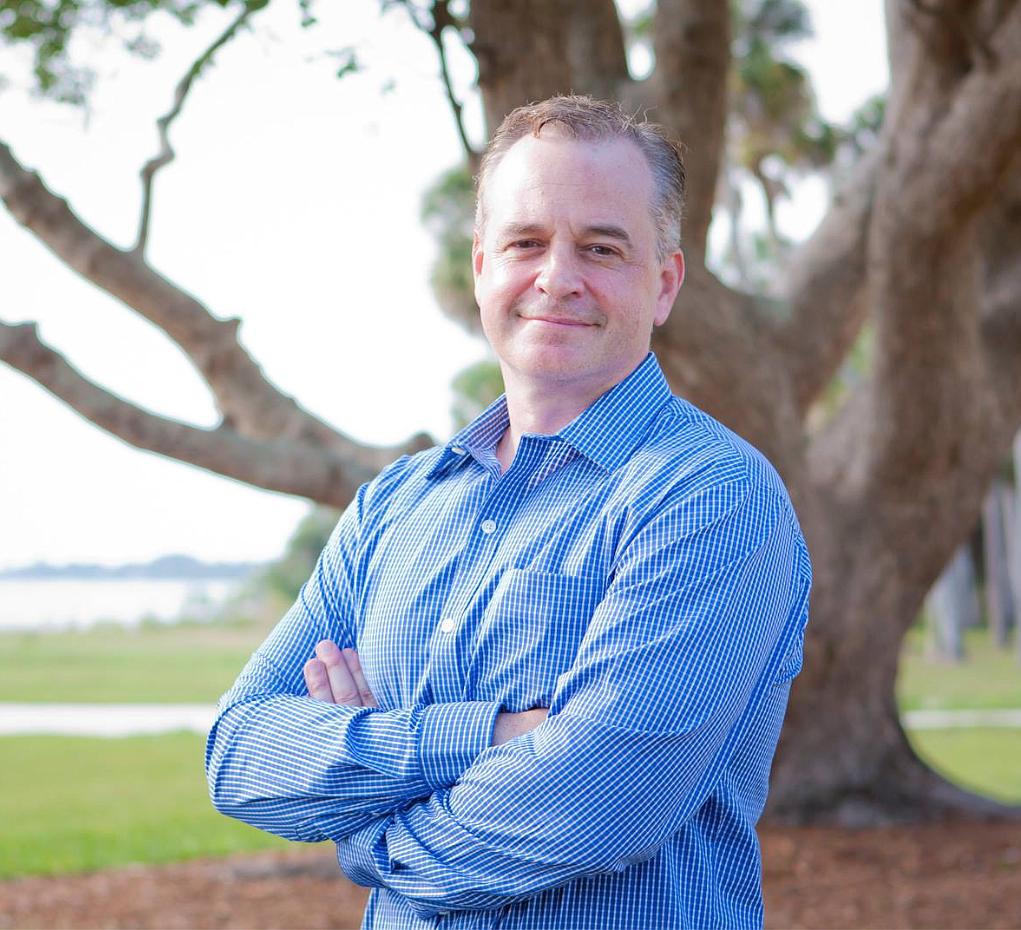- October 23, 2024
-
-
Loading

Loading

Age: 47
Hometown: New York, N.Y.
Previous political offices: None
About: Frank Alcock is an associate professor of political science at New College of Florida, where he teaches courses on world politics, international law and environmental policy. He has more than 25 years of professional experience working on energy and environment issues, but his political and public policy interests are wide and varied. He holds a doctorate in political science from Duke University, a master of arts in international affairs from George Washington University and a bachelor of arts in economics from Binghamton University. From 2009 to 2012, he was a senior fellow with the Collins Center for Public Policy where he focused on offshore drilling and Florida’s Constitutional Amendment process. Frank is the former director of the Environmental Studies program at New College as well as the former director of a Marine Policy Institute at Mote Marine Laboratory, in Sarasota. He has served as a Senior U.S. Fulbright Scholar to New Zealand and a Belfer Fellow in the Kennedy School of Government at Harvard University. He also spent five years at the U.S. Department of Energy.
Why do you think you’re the most qualified candidate for this position?
Both myself and Mr. Steube are highly qualified. But we have different areas of expertise, training, and experience and differences in our preferred governance agendas. The strength of my qualifications lie in a strong academic background with ample experience in connecting knowledge to action. I am an effective listener, learner, communicator, mediator and leader.
If elected, what are the top three priorities on which you will focus?
Improved health care access and outcomes in low income populations, educational excellence with the prioritization of our public school system and the children and families that depend upon it, as well as sustainable land and water policies.
What is your position on whether to issue open-carry gun permits? How about on campus?
At this time, I am against open carry. I will rely heavily upon the views of law enforcement leaders and officials on matters of firearms and public safety. The last bill had liability provisions that were especially onerous for law enforcement officers. With respect to campus carry, I strongly will weigh the views of stakeholders that will be affected by this bill. Right now, there is overwhelming resistance to it. And I personally think excessive risk will be introduced by allowing and storing firearms in an environment with drinking and high-risk behavior.
Do you support using tax dollars toward economic incentives to bring businesses to Florida? Why or why not?
Under limited conditions where limited investment leverage significant returns in terms of jobs and private investment. The incentives should not favor out-of-state firms at the expense of local businesses and there should be metrics to assess performance and safeguards to assure accountability. If poorly implemented, incentives can quickly become corporate welfare.
What are the three biggest issues facing the state of Florida, and how would you deal with one of them?
Lingering economic insecurity, health insecurity for low income populations and insufficient attention to a broad range of risks facing the state in the 21st century.
I would first develop a plan to expand Medicaid or expand coverage to cover those in the Medicaid loophole in a manner that made Florida eligible for the 90% federal cost coverage for such a plan. The tens of billions of dollars could help this state address each of these issues simultaneously.